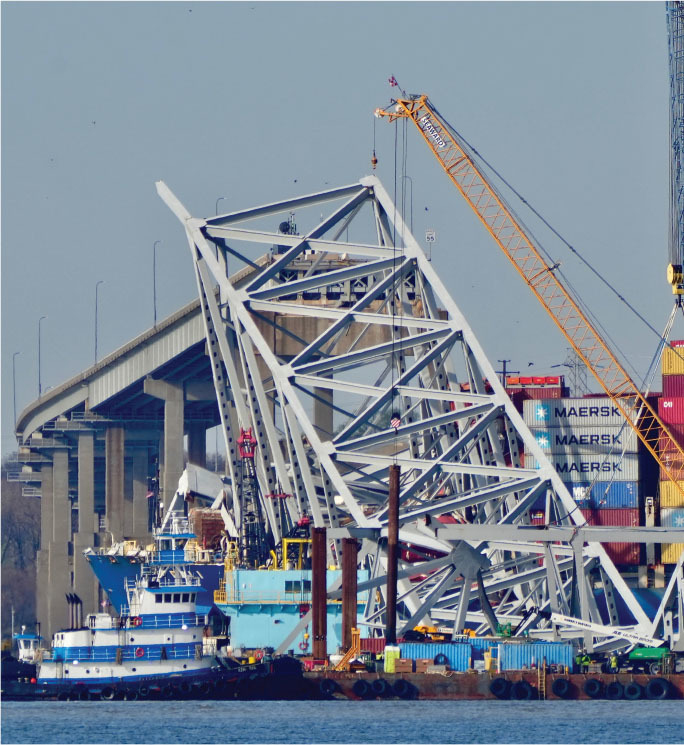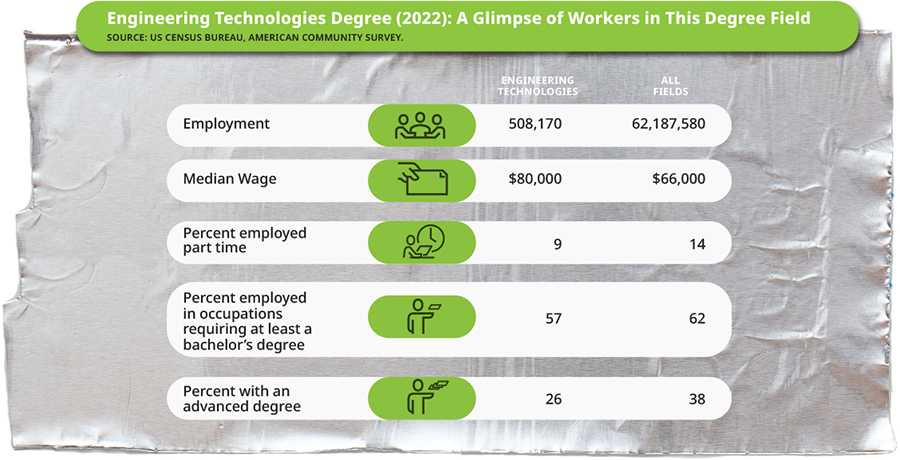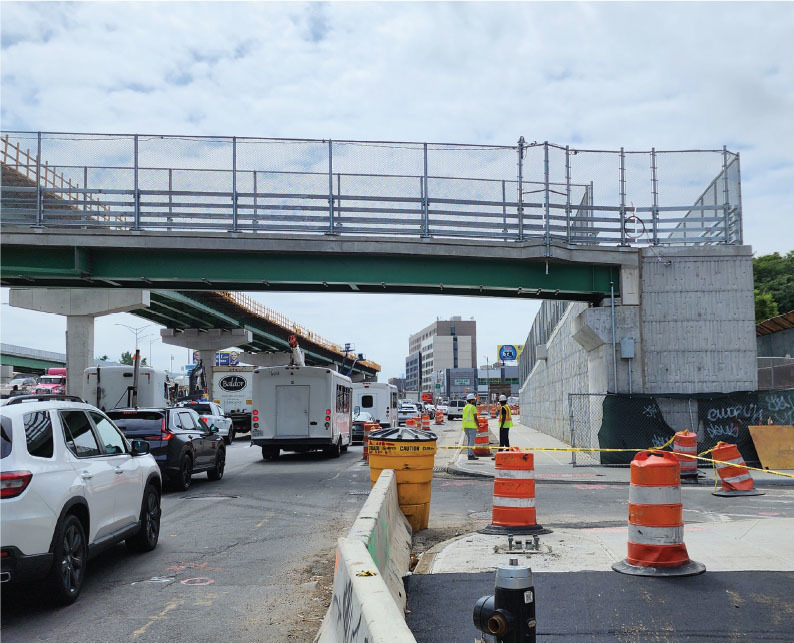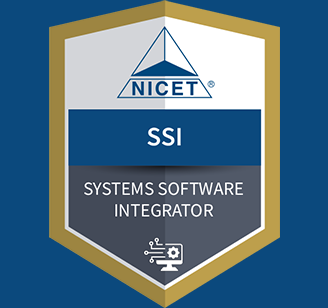March 2014
PE REPORT
West Virginia Chemical Leak Leads To Storage Tank Inspections Bill
The West Virginia Society of Professional Engineers is backing legislation that aims to protect the state’s water resources and the public by establishing a regulatory program for aboveground storage tanks that will require inspections by a professional engineer.
The bill (S.B. 373) was introduced after a chemical leak from an industrial storage tank contaminated a local water supply and water treatment plant near Charleston in January. More than 300,000 West Virginians lost access to safe drinking water.
To protect the state’s water supply, the bill requires that the secretary of the Department of Environmental Protection establish a regulatory program for new and existing aboveground storage tanks that contain fluids other than water without additives. A critical component of the program requires certification and annual inspection of aboveground storage tanks, leak detection systems, and secondary containment by a qualified PE licensed in the state or a qualified person working under the supervision of a PE.
The secretary must establish a permitting and regulatory program that includes the following requirements and guidelines:
-
Performance standards for the design, construction, installation, maintenance, corrosion detection and maintenance, release detection and prevention, and secondary containment.
-
Requirements for maintaining a leak detection system and inventory control systems combined with testing designed to identify releases from aboveground storage tanks in a manner that protects human health and safety, water resources, and the environment.
-
Requirements for early detection of releases and immediate reporting of releases along creating a correction action plan.
-
Guidelines for the closure of aboveground storage tanks and remediation to prevent future releases of fluids or materials to the state’s water resources.
-
A requirement that any aboveground storage tank maintenance work shall start within six months from the date a permit was issued with a completion deadline of one year from the start of the work. The permit expires if the work has not started or is not completed within the prescribed time frame.
-
In consultation with the Bureau for Public Health, there must be standards that provide increased protection and scrutiny of public water system intakes located in critical zones as determined by the secretary. A registry must be created and provided to the State Division of Homeland Security and Emergency Management.
“Professional engineers are charged to safeguard life, health, and property and to promote public welfare by the laws of West Virginia. WVSPE fully supports requirements, where appropriate, that industrial activities to be conducted under the responsible charge of a West Virginia licensed professional engineer. It is unfortunate that it required a chemical spill into West Virginia waters to focus on the vital role that professional engineers play in public safety,” said Chris Butler, WVSPE president.


 Volunteering at NSPE is a great opportunity to grow your professional network and connect with other leaders in the field.
Volunteering at NSPE is a great opportunity to grow your professional network and connect with other leaders in the field. The National Society of Professional Engineers (NSPE) encourages you to explore the resources to cast your vote on election day:
The National Society of Professional Engineers (NSPE) encourages you to explore the resources to cast your vote on election day: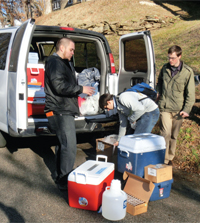 ENGINEERING STUDENTS FROM THE UNIVERSITY OF SOUTH ALABAMA PACK UP AFTER TAKING WATER SAMPLES AT A HOUSE IN CHARLESTON, WEST VIRGINIA. IN JANUARY, A CHEMICAL LEAK FROM A STORAGE TANK LEFT MORE THAN 300,000 WEST VIRGINIANS WITHOUT ACCESS TO SAFE DRINKING WATER.
ENGINEERING STUDENTS FROM THE UNIVERSITY OF SOUTH ALABAMA PACK UP AFTER TAKING WATER SAMPLES AT A HOUSE IN CHARLESTON, WEST VIRGINIA. IN JANUARY, A CHEMICAL LEAK FROM A STORAGE TANK LEFT MORE THAN 300,000 WEST VIRGINIANS WITHOUT ACCESS TO SAFE DRINKING WATER.
